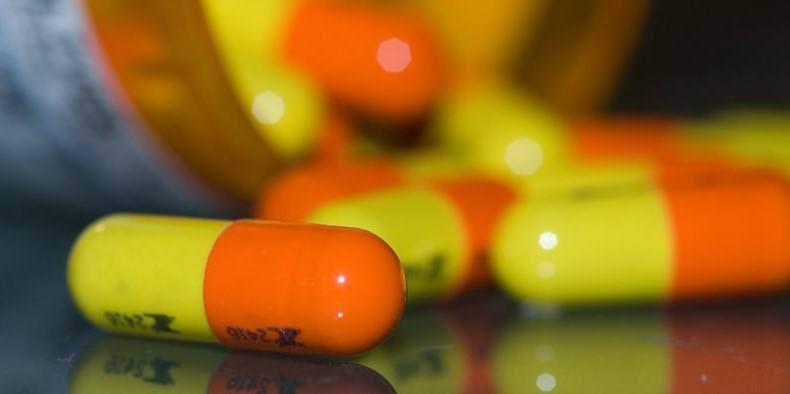1 in 10 medicines in LMICs is falsified
News
This week, WHO published a report that an estimated one in 10 medicines in poor countries are counterfeit and likely responsible for the deaths of tens of thousands of children from diseases such as malaria and pneumonia every year. The report involved the expert review of 100 studies involving more than 48,000 medicines. Drugs for treating malaria and bacterial infections accounted for nearly 65% of fake medicines, it found.
The WHO’s director-general, Tedros Adhanom Ghebreyesus, said the problem mostly affects poor countries. Between 72,000 and 169,000 children may be dying from pneumonia every year after receiving bad drugs. Counterfeit medications might be responsible for an additional 116,000 deaths from malaria, mostly in sub-Saharan Africa, according to scientists at the University of Edinburgh and London School of Hygiene and Tropical Medicine commissioned by the WHO.
“Imagine a mother who gives up food or other basic needs to pay for her child’s treatment, unaware that the medicines are substandard or falsified, and then that treatment causes her child to die,” Tedros said in a statement. “This is unacceptable.”
Since our founding in 1972, assuring the quality of medicines and medical goods has been at the heart of IDA Foundation's work. We believe patients worldwide must have confidence in the quality of the products they receive, and we promote one standard for quality of medicines. Our Quality Affairs team audits and advises suppliers so that we can provide the products and services our customers – and thus their patients – can trust.
For more information on how we ensure quality medicines to low- and middle-income countries, see this short video or read more about our QA process.

